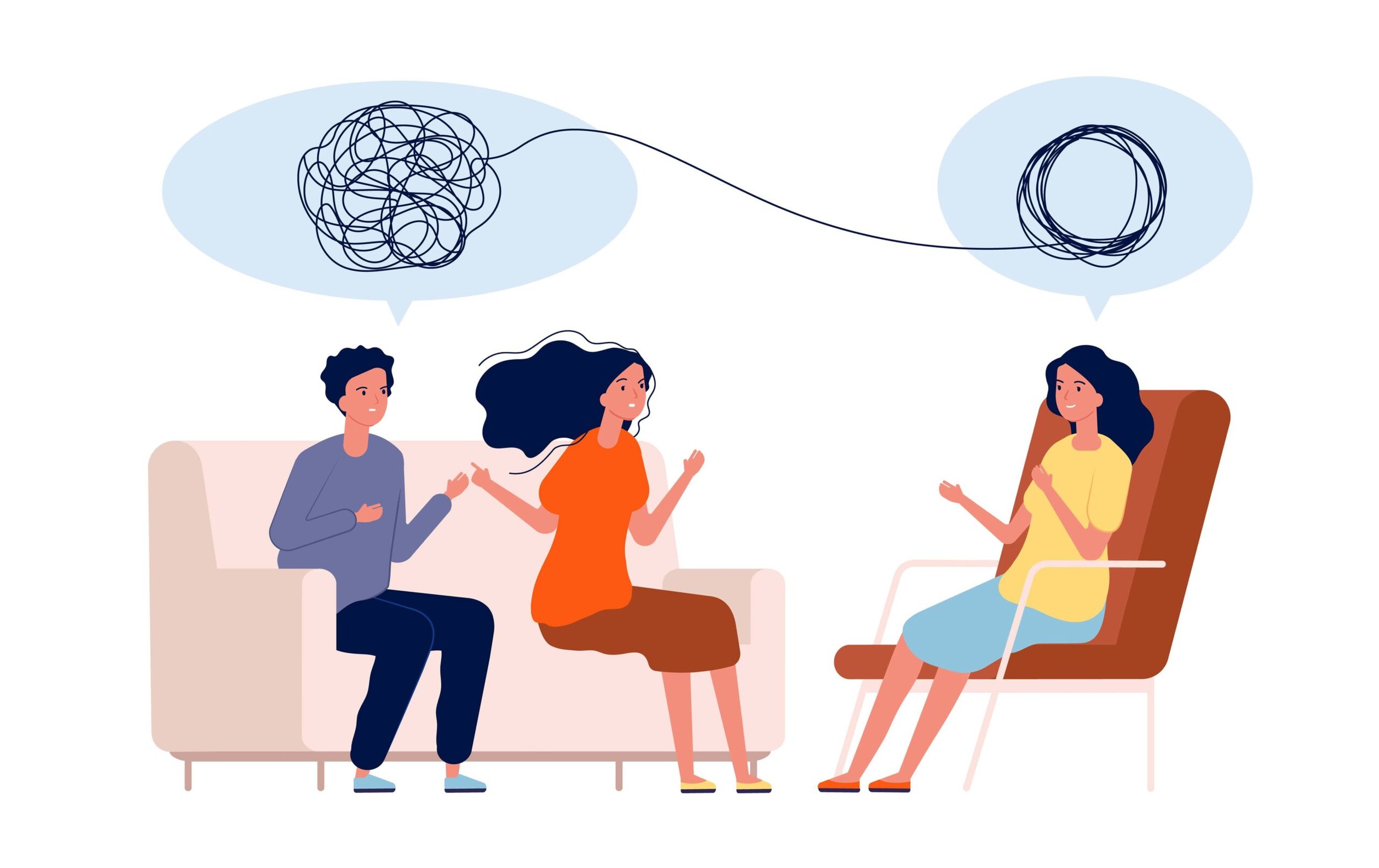What to Expect from Couples Therapy
Relationships require work. They ebb and flow depending on life transitions, (ie. changes in work, additions to the family, grief, relocating to a new place etc.) and it can impact the relationship or surface previous issues that may not have caused conflict/distress in the past. Each couple has their own timeline for how and when they might find themselves seeking out couples therapy, but it can be helpful to know what to expect.
1# Individual sessions
Couples therapy doesn’t mean your therapist will only see you and your partner together. Sometimes therapists will ask for individual sessions to build rapport, gain a clear sense of your goals/perspective, and gather information about your upbringing. However, it is important to note that the purpose of individual sessions are ultimately to further the goals of the couple collectively, not solely for the interest of the individual in the marriage/relationship.
#2 No secrets
This is one principle of couples therapy that’s fairly common and agreed upon amongst most therapists. In order to preserve and bolster the couple's work, your therapist might tell you that they hold a no secrets policy. This means that if one of the partners discloses a secret to the therapist individually, your therapist will encourage you to share that information with your partner. Even if the information is sensitive or vulnerable, secrets prevent the couple from achieving their goals and fostering health within the relationship.
#3 Alignment
Alignment in couples therapy is a major factor in allowing the couples work to be effective. This means that your therapist is mindful of how they are supporting each person in the couple. It is important for you, as the client, to feel like your therapist understands where you are coming from. When alignment is out of balance, it can feel like your therapist is siding with your partner more than you. In order to do good work and grow toward your goals, there must be trust that your therapist will equally challenge and support all individuals in the relationship. If you feel like your alignment may be off, talk to your therapist about how you are feeling. Your therapist should do their best to acknowledge this and move toward re-balancing the relationship.
If you have questions about our services or how we can support you, reach out to us. Ready to get started? Book a consultation.



